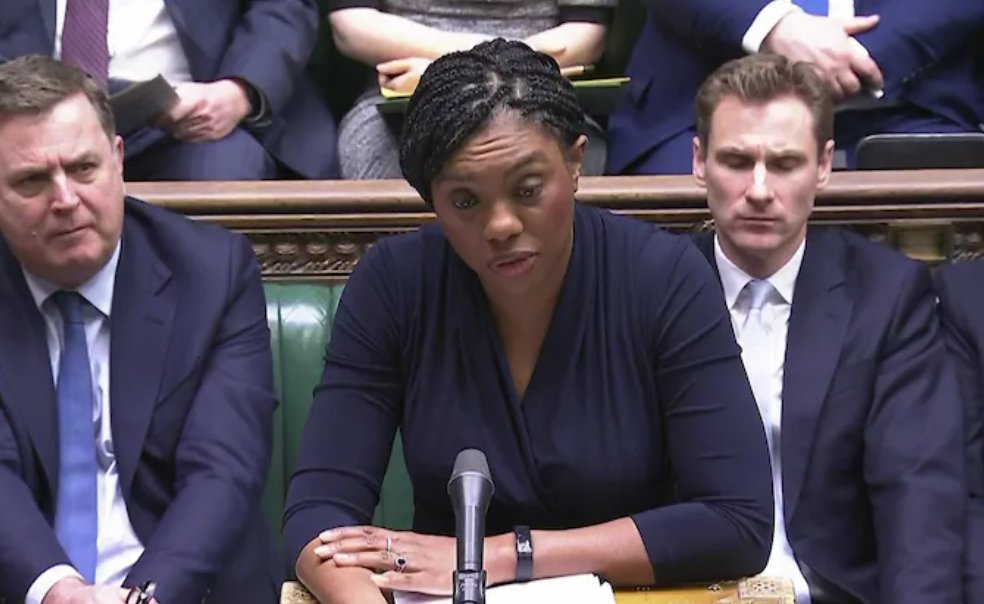Professor Lee Jussim (@PsychRabble), who has agreed to be on the Advisory Council of the Free Speech Union, has written a Medium post drawing attention to an ongoing academic mobbing:
medium.com/@leej12255/hel…
medium.com/@leej12255/hel…
In this case, a group of academics who subscribe to trans orthodoxy have started a petition calling for the retraction of a peer-reviewed paper from an academic journal because it challenges that orthodoxy. The petition already has almost 1,000 signatures.
Please read Lee's
Please read Lee's
post and, if possible, write to the editors of the journal in question expressing your support for their decision to publish the paper – and your horror at the possibility it might be retracted for ideological reasons.
Once the FSU is up and running in the New Year we'll be
Once the FSU is up and running in the New Year we'll be
taking a much more active role in combatting this type of mobbing.
• • •
Missing some Tweet in this thread? You can try to
force a refresh

















